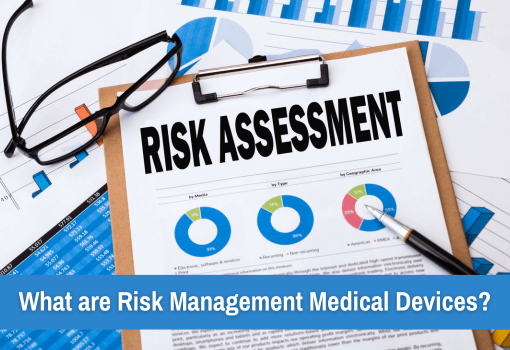Healthcare is an important service that must have precision and accuracy. But there is always the possibility of mistakes occurring even with the most skilled healthcare professionals. That is where the role of risk management in the healthcare sector comes into play.
Risk management in healthcare refers to identifying, assessing, and mitigating potential threats and hazards during patient care. It is a complex set of clinical and administrative systems, procedures, and reporting structures designed to monitor and prevent all patient risks.
This article discusses the importance and purpose of risk management in healthcare.
Why is Risk Management Important in the Healthcare Sector?
Risk assessment and management are crucial in the healthcare sector for various reasons.
First, it helps identify risks in the patient care process like medication errors or misdiagnosis and taking steps to prevent them, protecting the patients from harm and improving the healthcare quality.
That is why it is important to have proper risk management plans to deal with damage control and reduce patient health risks.
Secondly, healthcare is a highly-regulated industry, where the importance of risk management increases the most. Risk managers are responsible for ensuring compliance with regulations and standards designed to meet the patients’ safety and quality of care.
Regulatory compliance includes patients’ privacy, certifications and training, and licensures.
With proper compliance, healthcare providers can identify the hazards in advance and address them promptly; this helps healthcare organizations avoid legal and financial risks and maintain their reputation in the industry.
Furthermore, effective risk management strategies in healthcare can also prevent costly errors that may result in additional medical bills or extended hospital stays for patients, including legal fees or damage to the healthcare organization’s reputation.
What are Risk Management Medical Devices?

Risk management in medical devices refers to identifying potential risks associated with medical devices and taking necessary steps to minimize those risks. The risk management plan is a written document that outlines the process of managing risks associated with a particular medical device.
ISO 14971 – an international standard – outlines the risk management process in medical devices. The standard offers manufacturers direction on recognizing and assessing possible dangers linked with their medical equipment and formulating and carrying out risk management strategies to lessen those dangers.
ISO 14971 aims to guarantee the safety of medical devices for patients, users, and individuals who might interact with them. Meeting this standard is frequently mandatory for the approval and commercialization of medical devices in numerous countries worldwide.
An RMP should contain the following elements:
- Purpose and scope
- Overview of the medical device
- Risk management strategy
- Risk management activities
- Assign responsibilities
- Requirements for review of risk management activities
- Risk acceptance criteria
- Verification activities and deliveries
- Production and post-production information
Conclusion
In conclusion, the risk assessment for medical devices becomes very necessary to ensure the safety of healthcare organizations from many risks specific to the healthcare industry.
Healthcare risk management helps protect healthcare providers by identifying potential hazards and taking steps to prevent them. This helps healthcare providers avoid costly legal fees and damage to their reputations. It also promotes accountability of them.
hii there